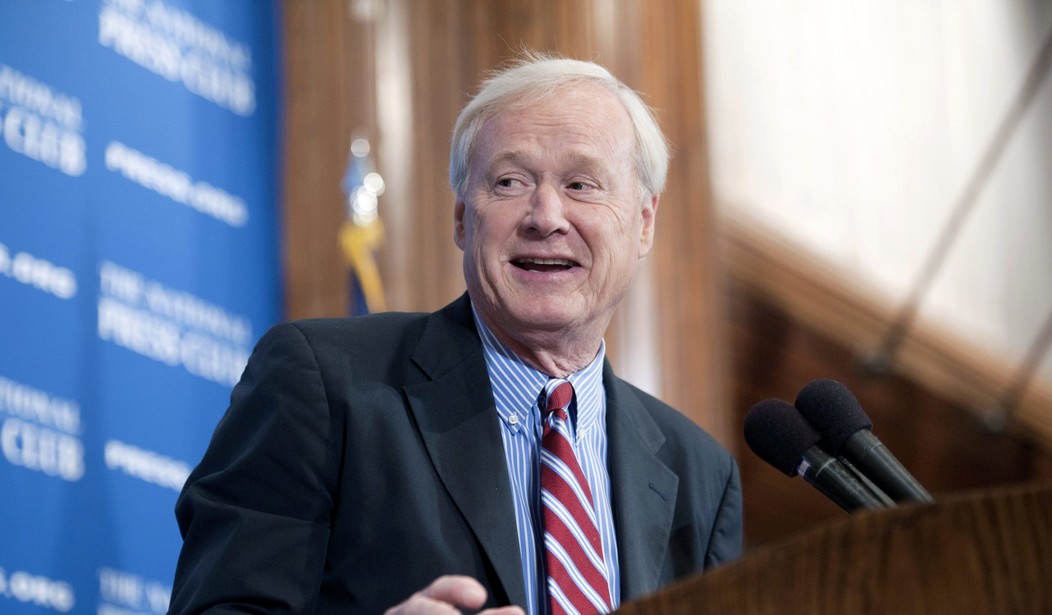ARLINGTON, Va. — Defense Secretary James Mattis wasn’t ready to estimate the current capability of North Korea’s weapons program today after Pyongyang launched a new intercontinental ballistic missile this week.
The Hwasong-14 is concerning analysts because the shrouded nosecone may be able to accommodate multiple miniaturized nuclear warheads or include countermeasures to throw off missile defense systems.
The ICBM is capable of reaching Alaska or Hawaii, and further development on the projectile could increase its current estimated 4,300-4,900-mile range. It flew for about 40 minutes before landing in Japan’s territorial waters in the Sea of Japan.
Welcoming UK Defense Secretary Michael Fallon to the Pentagon today, Mattis told reporters at the honor cordon that U.S. officials are “still analyzing the latest tests at this time, so I don’t want to speculate or mislead you at this point.”
“Obviously, they are continuing to mature a threat in violation of the United Nations, and that’s the way we look at it. But right now, I can’t give you a specific on that,” he said.
Asked if the Pentagon anticipates another North Korean test in the future, Mattis replied, “You’ll have to ask people in Pyongyang about that.”
“However, this is a diplomatically led international effort to stop a worldwide threat that they are bringing to bear,” he added. “So it is led by diplomacy right now. There are United Nations efforts under way, as you’re aware — certainly, our secretary of State. And we also see economic aspects to the diplomatic effort to divert them from this wrong path.”
Fallon warned that “our world is becoming darker,” including increasing danger from North Korea, “whose recent provocation underscored the need to impose a higher price on this rogue regime, a problem that is not just the United States’ alone, but a problem for us all.”
Mattis spoke by phone Thursday with South Korea’s Defense Minister Han Min-koo, in which the Defense secretary committed “the full range of U.S. capabilities” to deter the North Korean threat. He also spoke with Malaysian Minister of Defense Hishammuddin Tun Hussein.
President Trump, South Korean President Moon Jae-in, and Japanese Prime Minister Shinzo Abe met at the G-20 in Hamburg, Germany, on Thursday and issued a joint statement afterward vowing “to achieve the complete, verifiable, and irreversible denuclearization of the Korean Peninsula in a peaceful manner, a shared goal among the three countries.”
“They also committed to continue to cooperate to apply maximum pressure on the DPRK to change its path, refrain from provocative and threatening actions, and take steps necessary to return to serious denuclearization dialogue. The three leaders emphasized that they, together with the rest of the international community, stand ready to offer a brighter future for the DPRK if it chooses the right path,” the statement continued. “The United States, the ROK, and Japan will never accept a nuclear armed DPRK.”
The trio agreed to press for additional sanctions at the UN Security Council and called on the international community to “swiftly” implement current resolutions and sanctions.









Join the conversation as a VIP Member